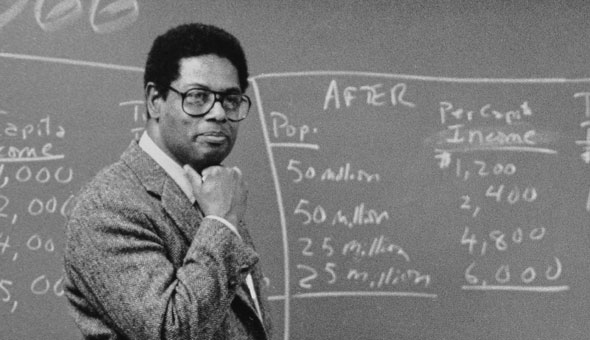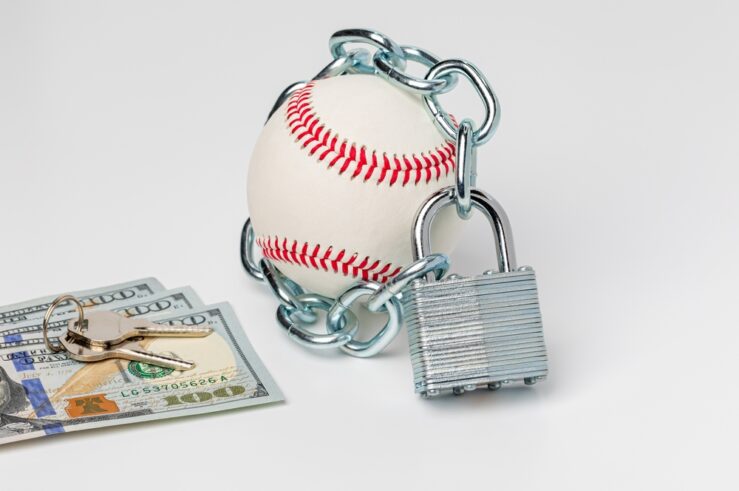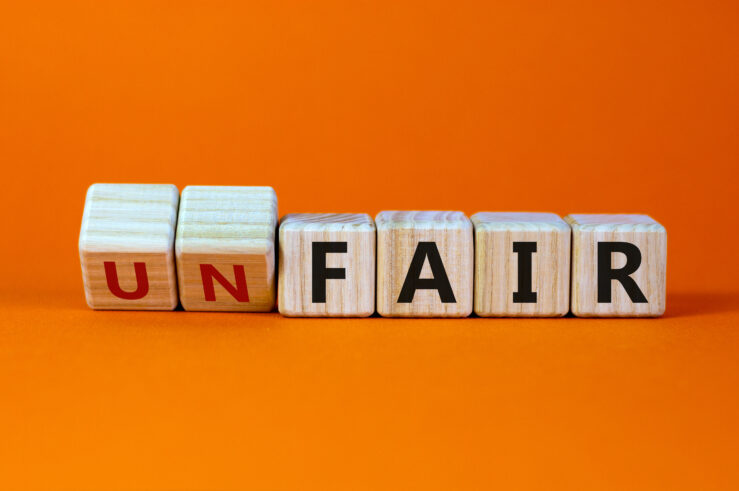New Merger Guidelines Are As Expected. That’s Not a Compliment.
Fifteen months after the close of the comment period, we finally have the release of the draft merger guidelines by the Federal Trade Commission (FTC) and the U.S. Justice Department (DOJ). While there is a lot to digest in the 51 page document with over 100 (largely stale) footnotes, the broad picture is clear: the goal of ... New Merger Guidelines Are As Expected. That’s Not a Compliment.
What Is a Barrier to Entry?
Why do monopolies exist? Many textbooks point to barriers to entry as a cause of monopolies. Tyler Cowen and Alex Tabarrok’s textbook says: “In addition to patents, government regulation and economies of scale, monopolies may be created whenever there is a significant barrier to entry, something that raises the cost to new firms of entering the industry.” ... What Is a Barrier to Entry?
How Much Information Do Markets Require?
One of the biggest names in economics, Daron Acemoglu, recently joined the mess that is Twitter. He wasted no time in throwing out big ideas for discussion and immediately getting tons of, let us say, spirited replies. One of Acemoglu’s threads involved a discussion of F.A. Hayek’s famous essay “The Use of Knowledge in Society,” wherein ... How Much Information Do Markets Require?
Why I’m a Skeptic of a Noncompete Ban
Under a recently proposed rule, the Federal Trade Commission (FTC) would ban the use of noncompete terms in employment agreements nationwide. Noncompetes are contracts that workers sign saying they agree to not work for the employer’s competitors for a certain period. The FTC’s rule would be a major policy change, regulating future contracts and retroactively ... Why I’m a Skeptic of a Noncompete Ban
Knowledge, Decisions, and Noncompetes
One of my favorite books is Thomas Sowell’s Knowledge and Decisions, in which he builds on Friedrich Hayek’s insight that knowledge is dispersed throughout society. Hayek’s insight that markets can bring dispersed but important knowledge to bear with substantial effectiveness is one that many of us, especially economists, pay lip service to, but it often ... Knowledge, Decisions, and Noncompetes
Is Market Concentration Actually Rising?
Everyone is worried about growing concentration in U.S. markets. President Joe Biden’s July 2021 executive order on competition begins with the assertion that “excessive market concentration threatens basic economic liberties, democratic accountability, and the welfare of workers, farmers, small businesses, startups, and consumers.” No word on the threat of concentration to baby puppies, but the ... Is Market Concentration Actually Rising?
Imposed Final Offer Arbitration: Price Regulation by Any Other Name
“Just when I thought I was out, they pull me back in!” says Al Pacino’s character, Michael Corleone, in Godfather III. That’s how Facebook and Google must feel about S. 673, the Journalism Competition and Preservation Act (JCPA). Gus Hurwitz called the bill dead in September. Then it passed the Senate Judiciary Committee. Now, there ... Imposed Final Offer Arbitration: Price Regulation by Any Other Name
FTC Rejects Economics for ‘Fairness’
The current Federal Trade Commission (FTC) appears to have one overarching goal: find more ways to sue companies. The three Democratic commissioners (with the one Republican dissenting) issued a new policy statement earlier today that brings long-abandoned powers back into the FTC’s toolkit. Under Chair Lina Khan’s leadership, the FTC wants to bring challenges against ... FTC Rejects Economics for ‘Fairness’
Are All Mergers Inherently Anticompetitive?
A recent viral video captures a prevailing sentiment in certain corners of social media, and among some competition scholars, about how mergers supposedly work in the real world: firms start competing on price, one firm loses out, that firm agrees to sell itself to the other firm and, finally, prices are jacked up.(Warning: Keep the ... Are All Mergers Inherently Anticompetitive?
The Cracked Mirror of Monopoly-Monopsony Symmetry
Slow wage growth and rising inequality over the past few decades have pushed economists more and more toward the study of monopsony power—particularly firms’ monopsony power over workers. Antitrust policy has taken notice. For example, when the Federal Trade Commission (FTC) and U.S. Justice Department (DOJ) initiated the process of updating their merger guidelines, their ... The Cracked Mirror of Monopoly-Monopsony Symmetry
Trade Promotions in High Tech
As one of the few economic theorists in this symposium, I believe my comparative advantage is in that: economic theory. In this post, I want to remind people of the basic economic theories that we have at our disposal, “off the shelf,” to make sense of the U.S. Department of Justice’s lawsuit against Google. I ... Trade Promotions in High Tech












